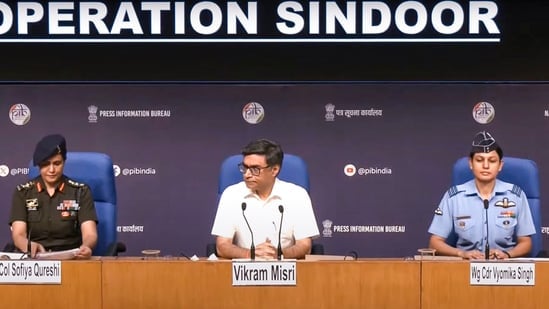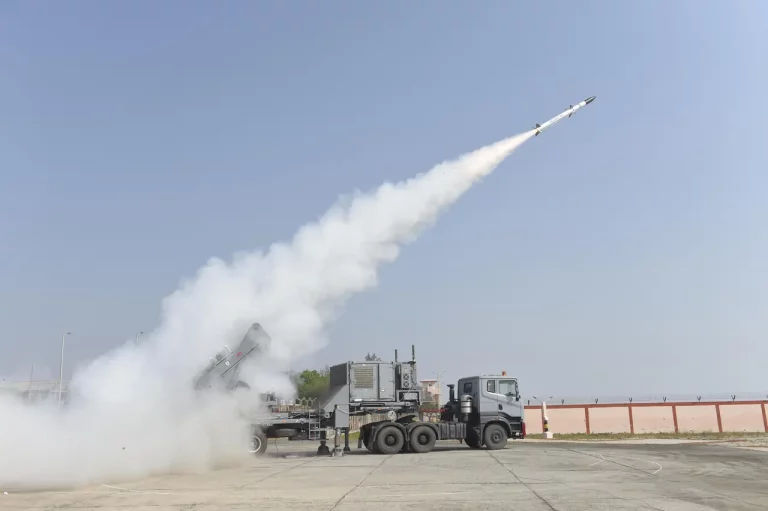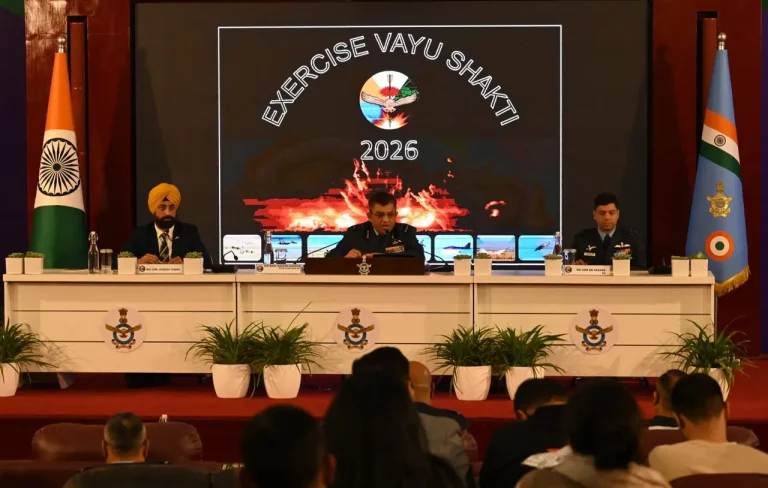In a significant move following the tragic Pahalgam terror attack on April 22, 2025, India initiated Operation Sindoor, a strategic military operation aimed at dismantling cross-border terror infrastructure. This operation was prompted by the brutal assault in Jammu and Kashmir, which claimed 26 lives, including tourists and an Indian Navy officer. The assailant, identified as a Pakistani national, was associated with the militant group Lashkar-e-Taiba (LeT).
Indian officials characterized Operation Sindoor as both retaliatory and preemptive, citing reliable intelligence that indicated further attacks were being orchestrated from within Pakistan’s territory.
The operation highlighted significant inter-service coordination among the Indian Army, Air Force, and Navy, marking a noteworthy collaboration in the country’s defense strategy. Executed at 1:44 a.m. to reduce the risk of civilian casualties, the mission employed kamikaze drones, precision-guided munitions, and potentially special forces. The operation targeted nine specific sites linked to terror groups LeT and Jaish-e-Mohammed (JeM), including training camps and logistics hubs, while deliberately avoiding any strikes on Pakistani military or civilian structures. This strategic choice was aimed at minimizing escalation between the two nations.
Army spokesperson Col. Sophia Qureshi underscored the operation’s precision, emphasizing it conveyed a clear message to those who sponsor and shelter terrorism. Foreign Secretary Vikram Misri backed this assertion, referring to the actionable intelligence that informed India’s response and invoking the nation’s right to self-defense in accordance with international law. Misri also called on the global community to hold Pakistan accountable for its support of terrorism.
In the aftermath of the operation, several states in India were placed on high alert, particularly those adjacent to Pakistan, while airspace surveillance efforts were intensified. Public messaging focused on maintaining calm and unity among citizens. International responses varied, with the United Nations and China urging restraint, while Pakistan stated it would not retaliate unless further military actions were pursued. Meanwhile, Western nations largely supported India’s stance on self-defense but called for de-escalation of tensions.
Strategically, Operation Sindoor serves as a powerful deterrent against terrorist organizations and their backers. It has reinforced public confidence in India’s national security and signaled an evolution in the country’s counter-terrorism doctrine that emphasizes precise, proportional, and legally justified military responses.
This operation represents a pivotal moment in India’s approach to counter-terrorism, reflecting a balance between decisive military action and strategic restraint. The careful execution of Operation Sindoor may set a precedent for future responses to asymmetric threats, demonstrating New Delhi’s commitment to safeguarding national security while avoiding the onset of open conflict.





